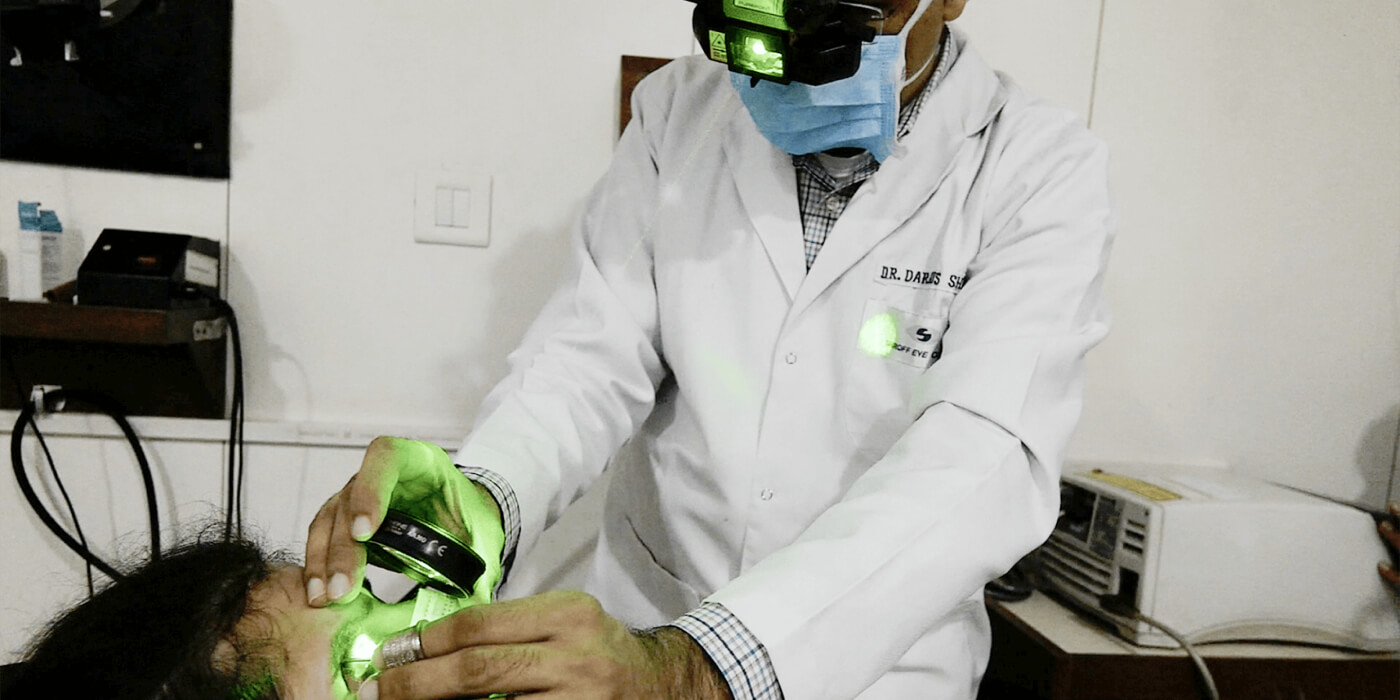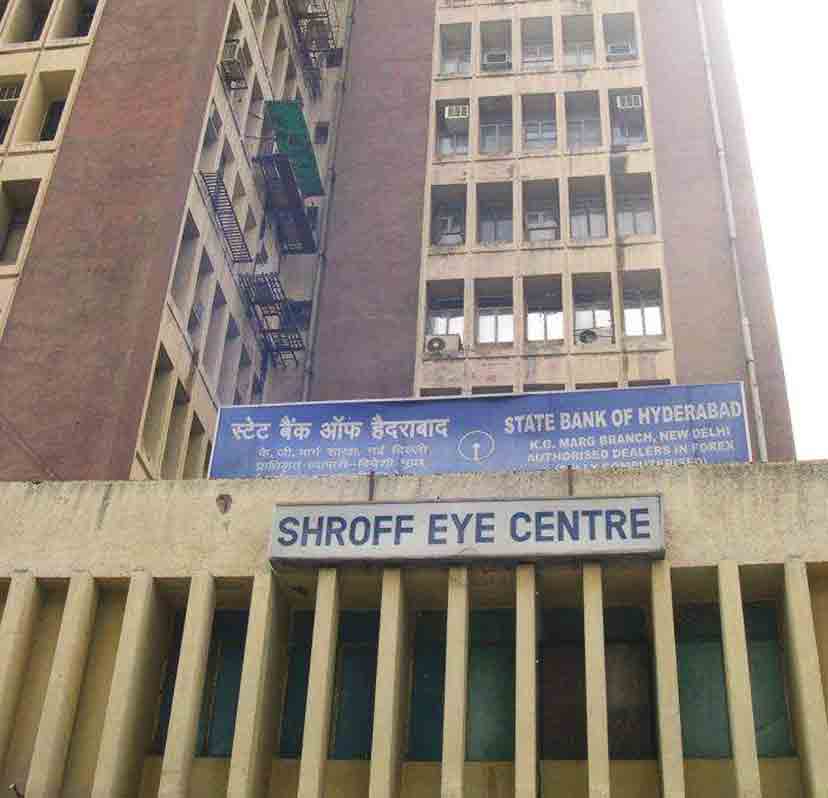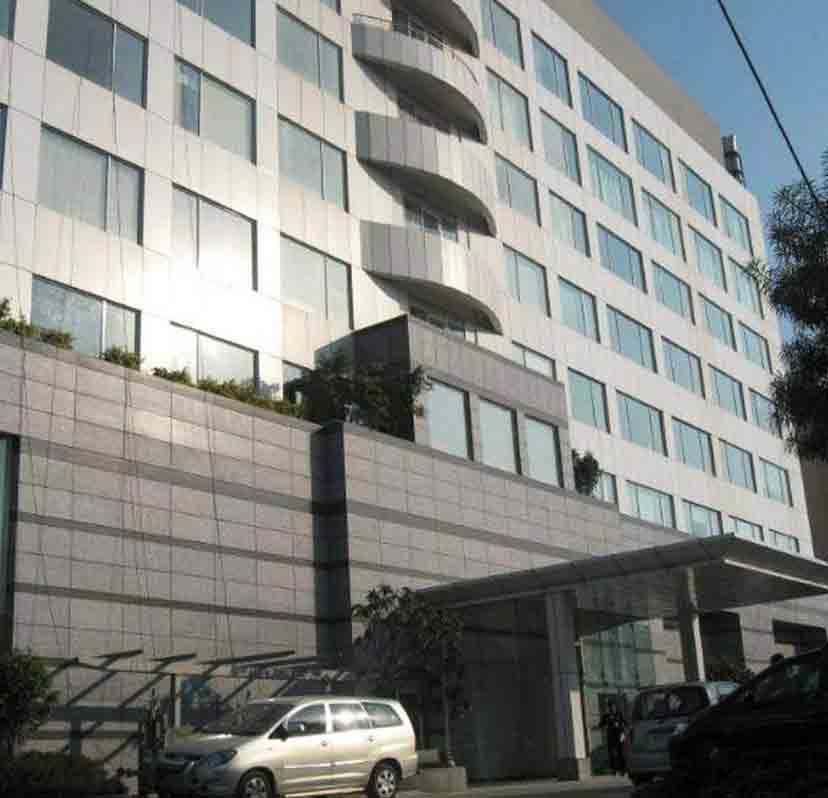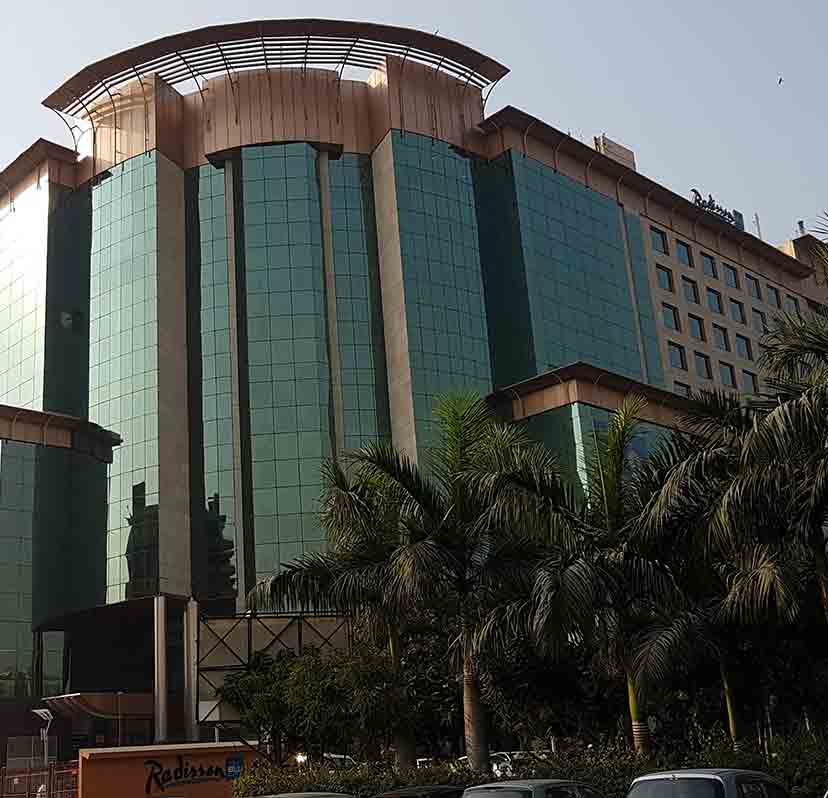
Diabetic Retinopathy: Symptoms, Diagnosis, Prevention & Treatment
Diabetic retinopathy occurs when high blood sugar damages the vessels of the retina at the back of the eye and can lead to loss of vision if untreated.
what are the Types of Diabetic Retinopathy?
-
Background / Non proliferative Diabetic Retinopathy
Blood vessels within the retina become abnormally permeable and allow substances like fluid and lipid to leak out. If the leaking fluid collects in the macula (the central part of the retina responsible for reading vision and other fine tasks), vision gets affected and may require treatment.
-
Proliferative Diabetic Retinopathy
Advanced stage of Diabetic retinopathy- reduced retinal blood supply causes abnormal fragile ‘new’ blood vessels to grow on the surface of the retina or optic nerve and sometimes into the vitreous cavity. These abnormal vessels can cause bleeding. Subsequent scar formation in the vitreous may pull on the retina, detaching it from the back of the eye (tractional retinal detachment). This is a sight-threatening condition and can cause blindness.

What are the symptoms of diabetic retinopathy?
Sudden appearance of lots of black spots (floaters) and cobwebs in your field of vision.

Difficulty in recognising colors

Difficulty in seeing at night

Reduced central vision

Total loss of vision

Diagnosis of Diabetic Retinopathy at Shroff Eye Centre
When you come to Shroff Eye Centre for diabetic retinopathy check, we do a comprehensive dilated eye exam.
-
Visual Acuity
-
Tonometry
-
Slit lamp & Indirect Ophthalmoscopy
-
Colour photograph of the retina
-
Optical Coherence Tomography (OCT)
-
Fluorescein Angiography
Can diabetic retinopathy be treated?
Yes, Diabetic retinopathy is treatable when diagnosed at the right time. Management involves investigations such as fluorescein angiography (FFA) and optical coherence tomography (OCT) followed by diabetic retinopathy treatment.
At Shroff Eye Centre, we have a dedicated team of Vitreo-Retinal specialists committed to providing the best possible care to protect your vision.
The goal of diabetic retinopathy treatment is to slow or stop the progression of the disease.
In the early stages of non-proliferative diabetic retinopathy, regular monitoring of the retina and strict glycemic control may be the only treatment.
Regular exercise, diet modification and lifestyle changes can help control blood sugar levels and thus control the progression of the disease.
As diabetic retinopathy progresses, it may need treatment with Laser photocoagulation, intravitreal injections and diabetic retinopathy surgery.
Read more about Diabetic Retinopathy treatment here
Prevention
Diabetic retinopathy is a preventable condition. If you’re diagnosed with diabetes, it is important to remember to:

Get regular complete eye exams including retina check-up once a year or more frequently if advised. EARLY DETECTION of diabetic retinopathy is the best protection against sight loss. This allows us to begin treatment before sight is affected.

Control blood sugar levels.

Control associated conditions like hypertension, increased blood lipids & cholesterol and renal (kidney) disease.

Exercise regularly.

Not miss follow up visits with your eye doctor.

Watch out for any changes in vision.
However, good control in itself does not guarantee freedom from diabetic retinopathy. This is why regular eye exams are a must for diabetics.
FAQs
-
Why does Diabetic Retinopathy occur?
DIABETES MELLITUS impairs the body’s ability to use and regulate blood sugar (glucose). High sugar levels cause changes in the blood vessels of many organs of the body including the eye, particularly in the retina. The weakened blood vessels may leak fluid or blood- damaging the retina and can lead to severe vision loss or even blindness.
-
Do all diabetics develop diabetic retinopathy?
Not every person with diabetes will develop Diabetic Retinopathy. Conversely, an eye with marked changes of Diabetic Retinopathy can have good vision and be totally free of symptoms. Regular eye check-up including retinal examination through dilated pupils is a must for all diabetic patients, especially for people who have been diabetic for a number of years.
See the Difference
Why Shroff Eye Centre?
1
Excellence
in Eyecare since 1914
2
Award winning
Eye specialists
3
Empathetic
Personalised patient care
4
Advanced care
1 lac happy eyes / year
5
Ethical
Patient-first approach
Media Coverage
Features and Mentions


















Diabetic Retinopathy Treatment Near You
Eye hospitals near me
-
Kailash Colony, South Delhi
A-9, Lala Lajpat Rai Rd, Block A, Kailash Colony, Greater Kailash, New Delhi, Delhi 110048 South Delhi areas- Greater kailash, Lajpat nagar, Cr park, Defence colony, Niti bagh, Saket, Noida GET DIRECTIONS
-
Connaught Place, Central Delhi
Building (1st floor, 105, Surya Kiran, 19, KG Marg, New Delhi, Delhi 110001 Central Delhi- serving Karol bagh, Rajender Nagar, Civil lines GET DIRECTIONS
-
Gurgaon
110 Bestech Chambers Radisson Suites, Block B, Sector 27, Gurugram, Haryana 122009 Haryana- Golf course road, Cyber city, Rewari, Sohna, Faridabad GET DIRECTIONS
-
Ghaziabad
509, KM Trade Tower, adjacent to Radisson Blu, Sector 14, Kaushambi, Ghaziabad, Uttar Pradesh 201010 Uttar Pradesh- Greater Noida, Ghaziabad, Merut, Bulandshahr, Hapur GET DIRECTIONS






 Call us
Call us Email us
Email us




































